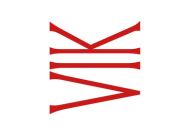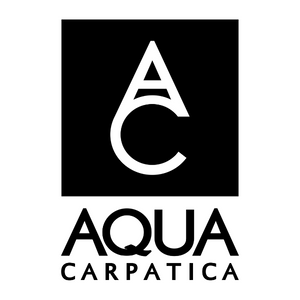After growing up in the family vineyards in southern France and working across France and in Virginia in the USA, he has settled with his Welsh wife in England, working at the new wine estate since 2022.
The estate, in Haslemere, Surrey, has revealed its direction and how it plans to stand out with the release of its new sparkling wine, Oriana 2019. The signature style appears to be a distinctive Chardonnay backbone, low dosage (2g/L), rich autolytic character from long lees ageing – and some oxidative notes.
“We’re not trying to copy anyone else,” confirms William Sharpley, Weyborne’s commercial director.
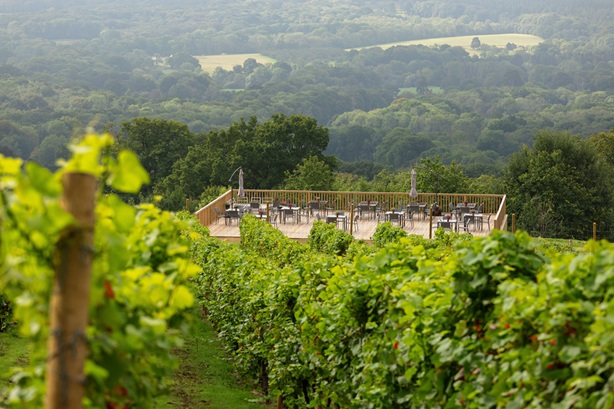
The brut nature wine, from the highest estate in the UK, is a blend of the classic Champagne grapes: 60% Chardonnay, 30% Pinot Noir, and 10% Pinot Meunier.
Talking about the growth of wine production in England, Benjamin enthused: “Things are really happening here.
“Things (like wine production) are moving north and there are the grounds for us, I think, to create something quite amazing here, especially in the south of England.”
The English sparkling wine industry has experienced a remarkable rise in prominence in the past 20 years. With southern regions like Sussex, Kent, Hampshire and Surrey leading the charge, competition among producers is fierce. Weyborne plans to carve out a space by focusing on its special site, premium quality, sustainable farming, and strong branding.
Why Weyborne Estate stands out in the increasingly competitive English sparkling wine sector
Special site
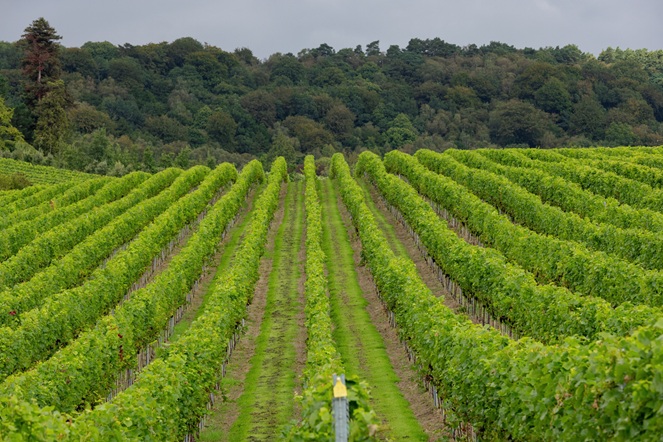
Located at the highest point of the South Downs National Park and at the start of the River Wey, the estate dates to 1640. Vines were first planted here in a 1.2ha plot in 2007. More south-facing vineyards were added from 2017, taking the total vineyard hectarage to 10.
Nick Clarke, the owner of Weyborne Estate, has a business background in energy and a passion for geology. Recognising the unique terroir at the estate, he embarked on a quest to produce one of the finest sparkling wines in the world.
The first commercial release, in 2023, was the Family Reserve 2018. With four years of maturation and bottled in 2022 with zero dosage, it won a silver medal at the IWC.
William Sharpley comments: “The combination of steep slopes and high altitude gives a lovely freshness to the wine and allows the grapes to retain their acidity, which is ideal for sparkling wines. This relatively high altitude (190m asl) also means that we rarely encounter frost here. More interesting, on the palate structure, is the diurnal variation between night and day, and the altitude gives you that variation to a greater extent.”
The single estate is based on mixed clay, greensand and chalk soil. The original plot is planted with a density of about 4,000 vines per hectare. “It wasn’t decided by me – I would have liked a bit more,” states Benjamin, “but this field really does the job, and this is where our silver medal came from, so I’m very happy with that.”
Density in the newer vineyards is “much closer to what we have in France (outside Champagne),” he adds. It’s about 5,500 plants per hectare.
“The reason we didn’t go for a higher density is for mechanical reasons. Under the vine, we do not use any kind of herbicides, pesticides, or insecticides.”
They prune for 10 to 12 buds per vine and aim for 1.2 to 1.5sq m of foliage per vine “to make sure that we mature an average of 10 to 12 grapes per vine”, he continues.
Production is low – with just 3,500 bottles of Oriana coming to market. But the aim is to release 60,000 bottles a year in the coming years – spread between the Family Reserve, Oriana, a vintage blanc de blanc, and a Pinot Précoce rosé using the saignée method.
Premium quality
The £48 Oriana 2019 is a brut nature from the highest estate in the UK – and lofty ambitions.The grapes are handpicked. “We wouldn’t go any other way,” Benjamin comments. “This is, for me, the only qualitative way to go. Our pickers are obliged to sort and have a look at each and every cluster, taking out every single rotten berry. So, we are very slow.”
Most of the wine is fermented in an open tank, but 3% of the Chardonnay is fermented in second or third-fill French oak barrels. “I think a small piece of wood works well,” Benjamin says. “We’re really not looking for the taste, we’re really looking at the exchange, the natural oxidation during the fermentation, this sort of thing, so we’ll do some batonnage and work on the softness of the product and then blend it together.
“Our only vision is up, up, up. So, for that, it is working on the details. We’ve got to keep doing what we do well but also look at options and see what we can bring to round it up and have it a bit more structured.”
All the components go through MLF. “I think it gives the wine a little more complexity,” Benjamin says.
The wine spent three years on lees and 18 months in the bottle.
I ask Benjamin why they have gone for a more oxidative style.
He replies: “I wasn’t here for the 2018 or 2019 vintages, but it was decided – because of the vintage, and the particularity of the grapes – to have something with a little more complexity; something more round.”
The 2018 and 2019 were made at Hambledon Vineyard in Hampshire with Felix Gabillet. But Weyborne aims to process some of its own grapes this vintage and all of them in 2026.
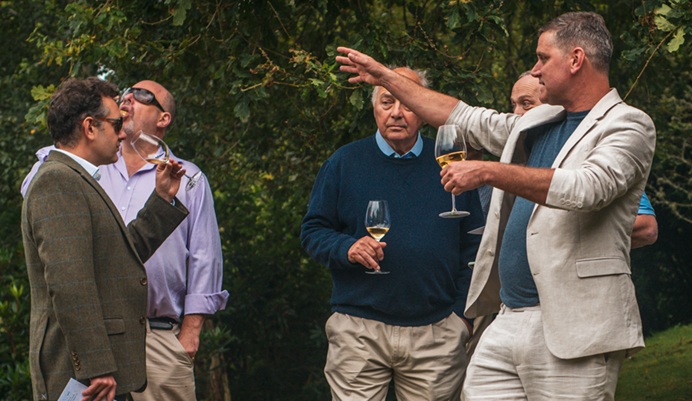
Benjamin (above) likes the style and is likely to continue in this vein. But, for him, having total control means they will be able to elevate the wine further.
He believes there are three things that make a huge difference to the quality of the wine.
“The first being the climate,” he says. “There’s nothing much we can do about it; we have to play with it and adapt with it.
“The second thing is the terroir and the soil and the interaction of the plants and the choices that we make.
“But number three, I think, which is very important is the human intervention. And you have to have those three factors interacting to get the best quality. So, I hope my modest contribution to this estate, with my 30 years of experience, will bring the knowledge, the passion, the experience to also take this to another level.
“We’re ambitious: we’d like to take this little newborn entity to excellence. Don’t get me wrong, we know it’s going to take time. But we do hope that’s where it’s going to lead us.”
Sustainability
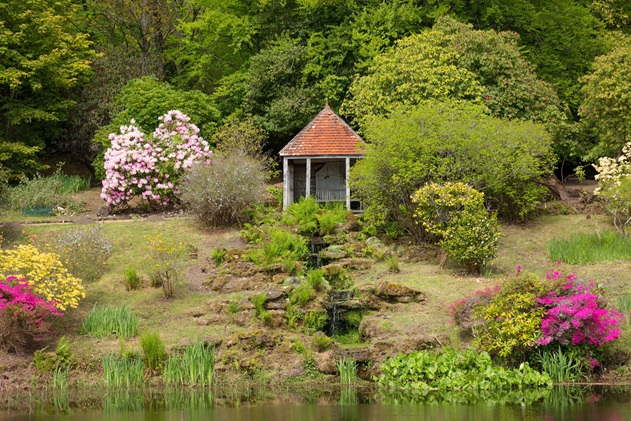
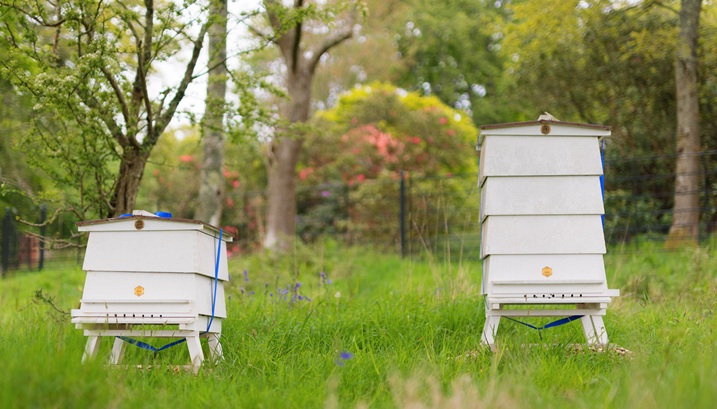
In an era where sustainability is a key focus for both consumers and producers, Weyborne Estate is keen on using minimal intervention in the vineyard, relying on natural composts, and fostering biodiversity. Weyborne’s 25-acre vineyard lies within a 300-acre estate.
Benjamin spends a lot of time in the vineyard. He explains: “We do everything by hand, from shoot thinning, trunk disbudding, crown thinning, leaf pulling and green harvesting. Believe it or not, last year (a poor vintage), we did drop some fruit because of the downy pressure. I really wanted my fruit zone to be clear, well-ventilated and as open as possible.”
Strong brand identity
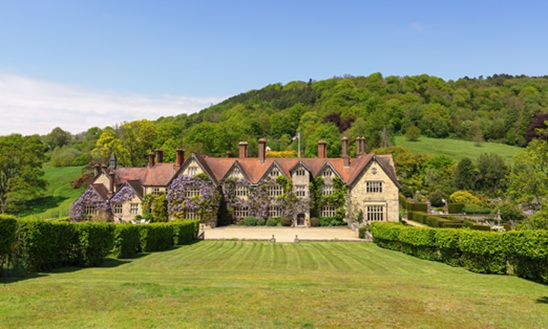
Oriana pays homage to Victorian poet Alfred Lord Tennyson, a regular visitor to the estate in the 1800s and author of the romantic poem ‘The Ballad of Oriana’.
In a market where consumers are increasingly looking for more than just a great wine, Weyborne taps into the power of narrative. From the rich history of the estate – where guests have included King Edward VII, Oliver Cromwell, and George Bernard Shaw, as well as Tennyson – to its dedication to sustainable farming, Weyborne’s story resonates with wine lovers who are seeking more meaningful connections with the brands they choose.
Thinking about Benjamin’s journey and goals, Weyborne and Tennyson, I’m reminded of the last line of the poet’s famous monologue Ulysses: “to strive, to seek, to find, and not to yield.” It could almost be a tagline for Weyborne.

 English
English French
French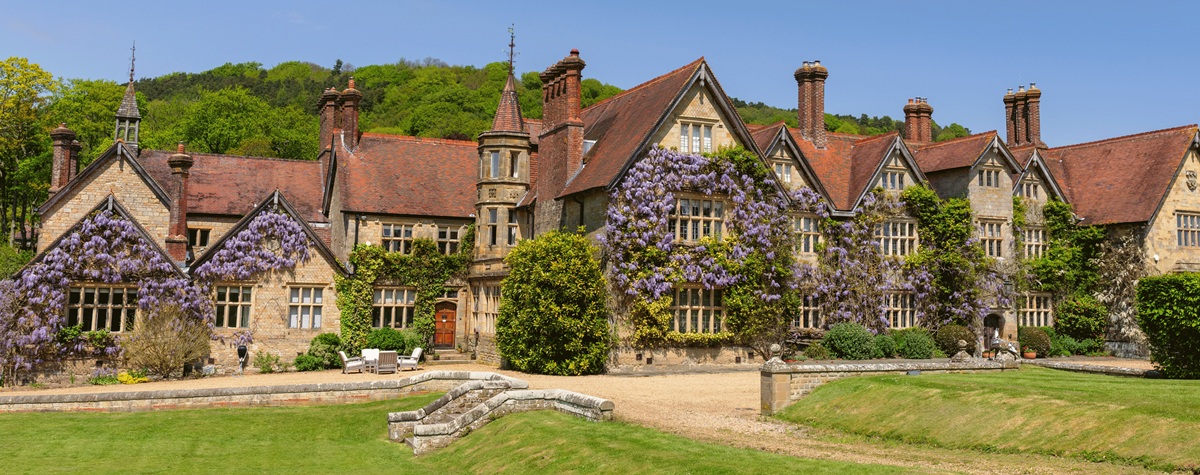



.png)
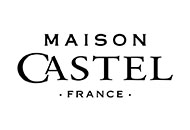
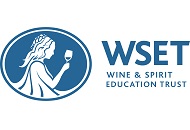
.png)

